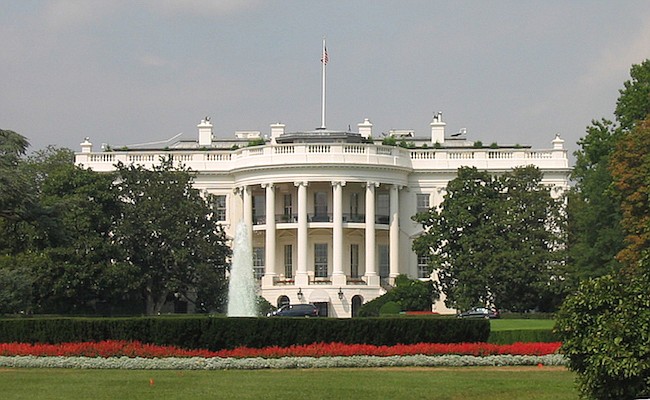- April 25, 2024
-
-
Loading

Loading

As we enter a new year with a new president, many are wondering what their local real estate market will do and what to expect. There are changes at the governmental level for sure. However, it’s not cause for alarm or celebration in my personal opinion as it relates to home ownership.
Here in Orlando and the surrounding areas of Seminole County, Winter Park and Maitland, real estate will continue to be locally driven and influenced mainly by demand for housing, interest rates, local schools and overall neighborhood popularity. So, don’t panic and don’t throw yourself a party either.
While America will have a new Commander in Chief at 1600 Pennsylvania Ave., location is still the main factor in the value of your home here in Central Florida and throughout the country.
The local market
In terms of major conditions, the Orlando Regional Realtor Association is reporting that inventory is still low and prices have gone up. I’d say if you are selling a single-family home and your target audience is an entry-level buyer, you would do well to expect no major gains in price in the immediate future. The market is still healthy and the low level of inventory is in a seller’s favor (3.78 months of inventory, 10,025 homes for sale as of October 2016).
The counter effect to the low inventory, especially for those first-time buyers, is that rates have crept up a bit into the low 4’s as of early December. Income is going to be a factor for first timers as well. A buyer can only qualify for so much, and unless we see the average local income increase noticeably I believe we are reaching a point where some of these buyers will be priced out, forcing sellers to adjust accordingly. Homeowners will be able to competitively price their homes, just not overprice them and especially so at the entry-level price points for single-family homes.
Distressed homes
The trend of distressed properties becoming more expensive continues. Bank-owned homes are up 16 percent in median price and short sales are 20 percent higher based on year-to-year figures for October 2015 to October 2016.
Although for many consumers the public perception remains that bank-owned and short-sale listings are better deals, the market data provided by ORRA shows this isn’t necessarily the case. Banks are responsible for setting the sales prices in distressed homes, and they aren’t exactly keen to undervalue their assets. Expect foreclosures and short sales to sell at market value unless there are major defects or other factors to deter their value.
Traditional home sales are up 8 percent year-to-year over last October with 2,654 homes selling in the Orlando area for the month. That number comes with a decrease in overall sales of 7 percent, again most likely linked to the lack of inventory.
What will rates do?
I’ll let you know when I get that crystal ball I ordered. But seriously, as I mentioned earlier, rates are up about a half a point. Many lenders I’ve spoken with, John Seybert of Patriot Financial in particular, are anticipating that they could drop again slightly with the ultimate outcome of increasing again in 2017. What I would advise anyone for whom a rate increase could impact their ability to buy is, go ahead and get under contract and don’t play the waiting game.
Per a piece in the New York Times in November, the Federal Reserve has already mentioned raising rates relatively soon at their last meeting in September if the economy continued to expand. The Times article went on to state that higher rates slow economic growth, but that some advocates of increasing rates would encourage a slower more gradual increase rather than a sharp rate rise later on, which they believe could push the economy into recession.
All real estate is local
While it’s a great idea to pay attention to the political arena and what transpires there, remember that all real estate is local and things like rates, job growth and availability of homes are going to be bigger influencers in your local market than any political candidate.
Expect some interest rate fluctuation and likely a rate increase in 2017. Local inventory will likely remain low and a seller’s market will persist within reason as demand will continue to be steady. If you’re thinking of buying and like your rate now, lock it in while you can and move forward. If you are selling or thinking of doing so, you can proceed with confidence that there will be a buyer for your home. Just don’t become overzealous about pricing.